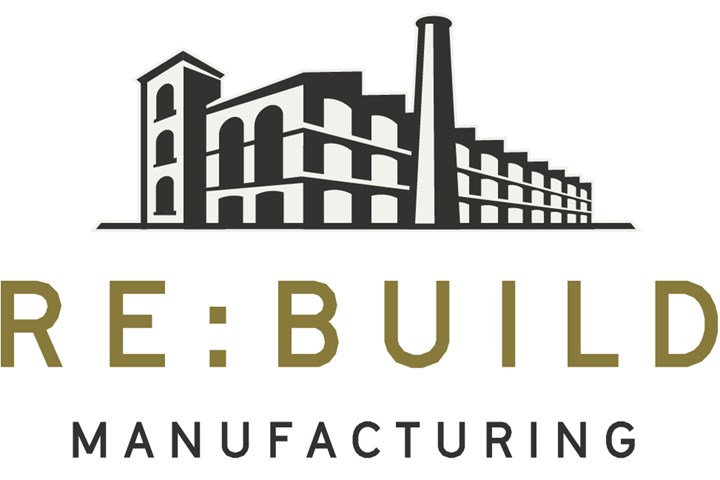Re:Build Manufacturing acquires Composite Resources
Massachusetts-based investment group Re: Build Manufacturing has acquired South Carolina-based fabricator Composite Resources.

(Framingham, Mass., U.S.) reported on March 2 that it has acquired composites fabricator Composite Resources (Rock Hill, S.C., U.S.). Composite Resources produces composite parts and structures for the aerospace, defense, space, industrial and automotive end markets. This follows Re:Build’s acquisition in late 2020 of thermoplastic composites specialist (Commerce City, Colo., U.S.). Composite Resources and Oribi will operate within the Re:Build Composites business unit.
Steve Mead, president of Re:Build Composites, says Re:Build is all about a “buy and build” approach over time. As such, Mead says, “We are investing for growth and anticipate that the only changes we make at Composite Resources will be for the better, and will be made to expand CR’s already well-established team and capabilities,” Mead says.
Re:Build’s broader mission is to integrate new technologies with conventional manufacturing businesses to accelerate their growth and improve performance. The company’s mission, according to the Re:Build website, is “focused on rebuilding America’s manufacturing base and creating meaningful, sustainable jobs in areas that have been deindustrialized over the past 20-30 years.”
“This is not a private equity play,” says Mead. “Re:Build is a standalone company that is investing in long-term growth of manufacturing firms in a variety of vertical industries.” Mead came to Re:Build via Oribi, which he joined in 2020 after several years with Toray and, prior to that, TenCate and Fiberforge. Mead is recently joined in the Re:Build Composites business by Eric Smith, VP of sales and marketing. Smith came to Re:Build after more than eight years in a sales role at Hexcel.
For more on Composites Resources, see CW’s 2018 plant tour.
Related Content
-
TPI manufactures all-composite Kenworth SuperTruck 2 cab
Class 8 diesel truck, now with a 20% lighter cab, achieves 136% freight efficiency improvement.
-
Bladder-assisted compression molding derivative produces complex, autoclave-quality automotive parts
HP Composites’ AirPower technology enables high-rate CFRP roof production with 50% energy savings for the Maserati MC20.
-
SMC composites progress BinC solar electric vehicles
In an interview with one of Aptera’s co-founders, CW sheds light on the inspiration behind the crowd-funded solar electric vehicle, its body in carbon (BinC) and how composite materials are playing a role in its design.






